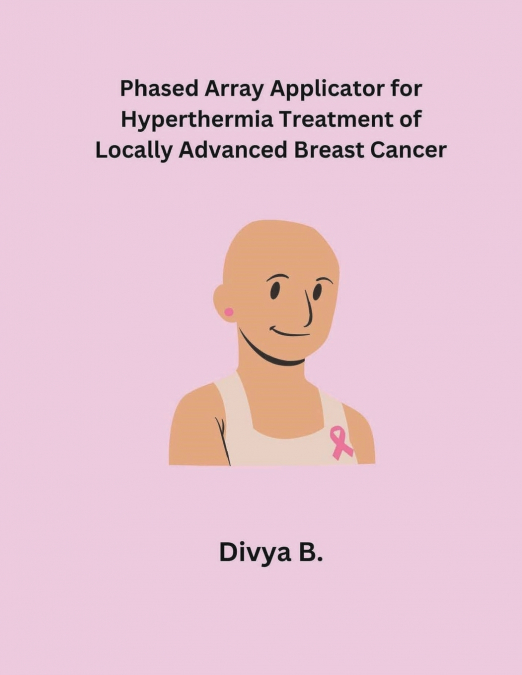
Divya B.
Breast cancer is the most commonly diagnosed female cancer and is the major cause of morbidity and mortality among women worldwide. Cancer statistics in developed countries such as the United States of America report that about 12% of women in their general population will develop breast cancer sometime during their lives and it represents nearly 23% of all cancers in the American women. Tumors with the absence of distant metastasis and more than 4 cm in lateral dimension or tumors of any size with direct extension to the chest wall or skin are characterized as LABC. The 5-year survival rate of LABC patients is less than 30% and the median survival is about 2-2.5 years [14]. LABC patients have increased risk of loco regional recurrence, distant metastasis, reduced quality of life and overall survival than the patients diagnosed with early stage disease and require systemic therapy for improved outcome. The standard treatment care for LABC patients is as follows: neo-adjuvant chemotherapy (NACT) followed by surgery and postoperative whole breast radiotherapy. Neo-adjuvant therapy are the treatments administrated before the surgical removal of breast tumor. It shrinks the inoperable large tumors, so that it can be removed with less extensive surgery. NACT avoids mastectomy (removal of all breast tissues from the breast) in 25% of LABC patients and also improves the overall survival after breast conservative surgery. Combining NACT with the pre-operative radiation therapy (RT) results in even higher rate of pathological complete response (pCR) and breast conservation.